Ketel One Vodka: A family affair
Three hundred years, eleven generations and an innovative mix of old and new give birth to a drink that challenges preconceptions
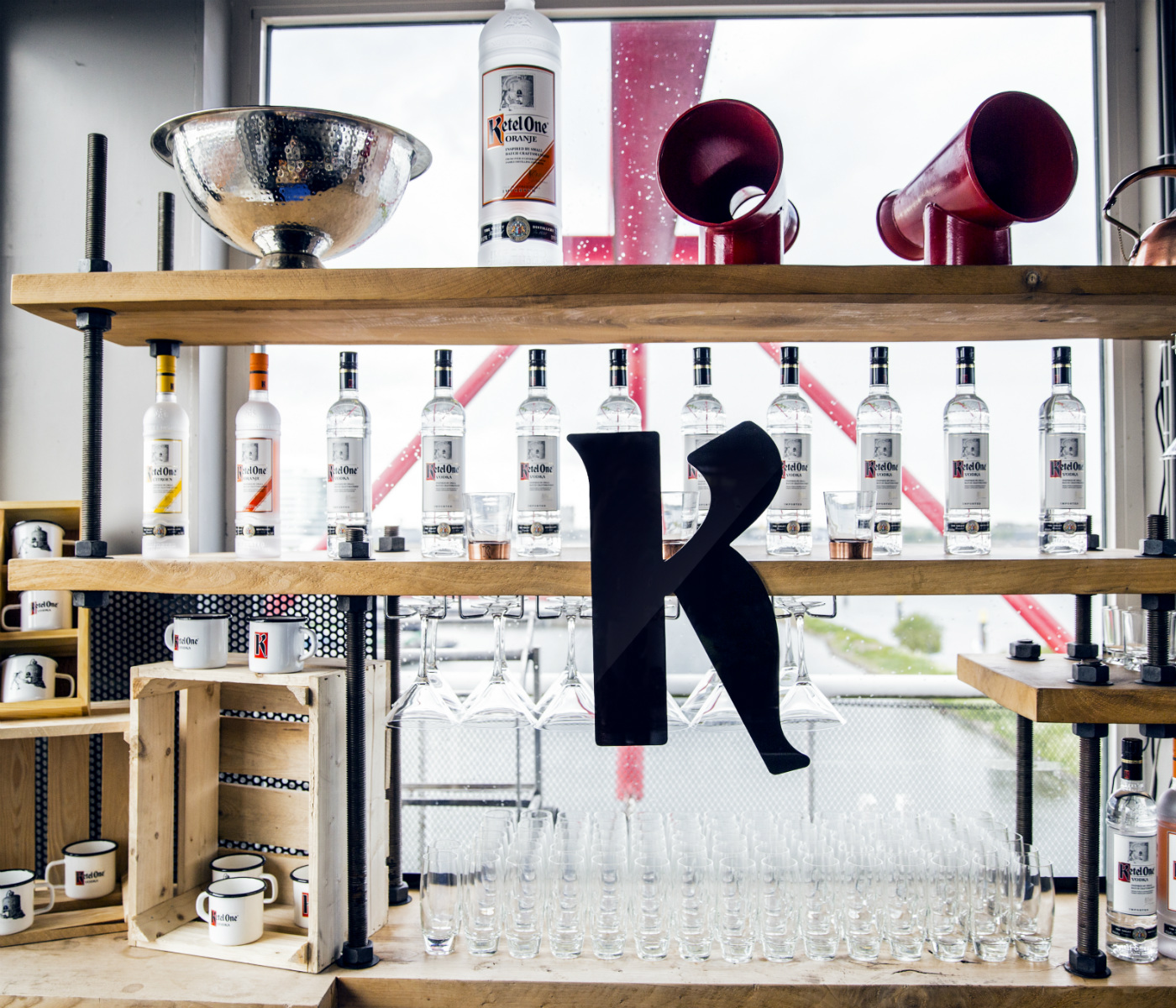
A free daily email with the biggest news stories of the day – and the best features from TheWeek.com
You are now subscribed
Your newsletter sign-up was successful
For the most part, the fiddly, time-consuming and complex processes involved in the modern production of alcoholic drinks can be conveniently separated into two categories. Whether it's a whisky distillery in the Highlands or a vineyard in Bordeaux, the artisan creators of some of the world's greatest drinks generally choose to hitch their wagon firmly to traditional equipment and time-served techniques, trickled down through generations of a single family name, or they eschew sentimentality and opt for the latest cutting-edge technology.
However, the Nolet Distillery, snugly secluded in the shadow of one of the many imposing windmills that remain a trademark of the small Dutch town of Schiedam, has taken a rather different approach. Operating for more than 325 years out of this location, the distillery is a remarkable mix of both approaches and uses them to create a vodka to remember.
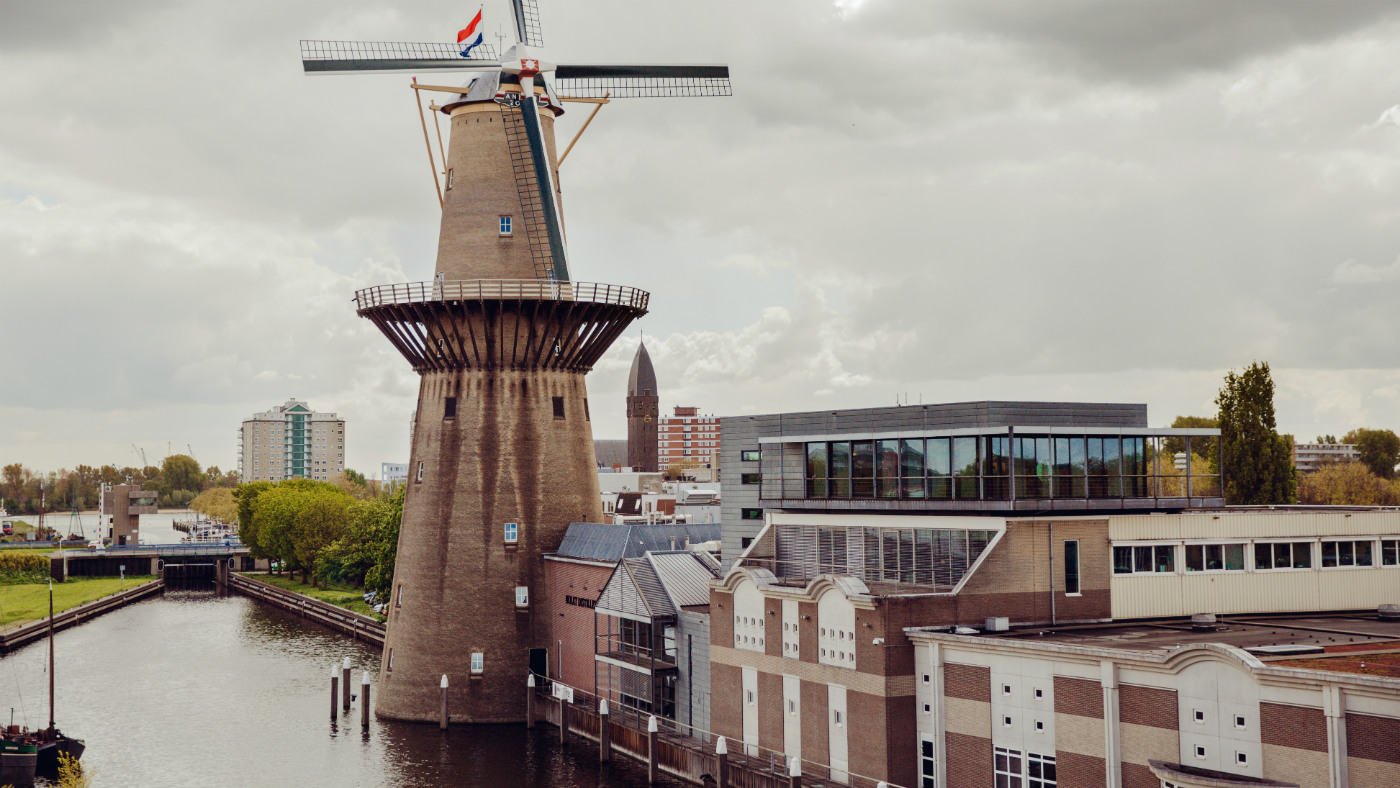
The Nolet family first began making jenever, a highly aromatic Dutch gin, in 1691. Generations went by, but the carefully carved niche into which the family brand had snugly fit proved to be too confining for Carolus Nolet Snr, the tenth generation of owner and the distillery's current chief executive.
The Week
Escape your echo chamber. Get the facts behind the news, plus analysis from multiple perspectives.

Sign up for The Week's Free Newsletters
From our morning news briefing to a weekly Good News Newsletter, get the best of The Week delivered directly to your inbox.
From our morning news briefing to a weekly Good News Newsletter, get the best of The Week delivered directly to your inbox.
A softly spoken man whose polite demeanour belies his broad ambitions, Nolet branched out into other forms of alcohol and turned his focus to a wheat-based vodka market already saturated in low-cost imports from Eastern Europe.
Drinks experts Difford's Guide detail how the UK and much of Western Europe was "dominated by Smirnoff" and similar imported products until a wave of discerning producers - such as Nolet - burst on to the scene in the mid to late 1980s.
After taking charge of the distillery in 1979, Nolet discovered a book on his family history chronicling his grandfather's attempt to set up a distillery in Baltimore, something cut short by the introduction of Prohibition. It led him to leave Schiedam in 1983 to follow in the footsteps of his grandfather, travelling the length and breadth of the US to gain insight into the latest trends in the bartending scene.
The journey led to the birth of Ketel One Vodka - a drink Nolet says seeks to challenge the commonly held belief in Western Europe that vodka is little more than a neutral spirit begging to be diluted with sugary mixers. Yet Ketel's unusual distillation process - one of only a handful of vodkas made in this way in Europe - ensured the distillery ended up being "pretty much singlehandedly responsible for introducing ultrapremium vodka into the market", Drinkhacker says.
A free daily email with the biggest news stories of the day – and the best features from TheWeek.com
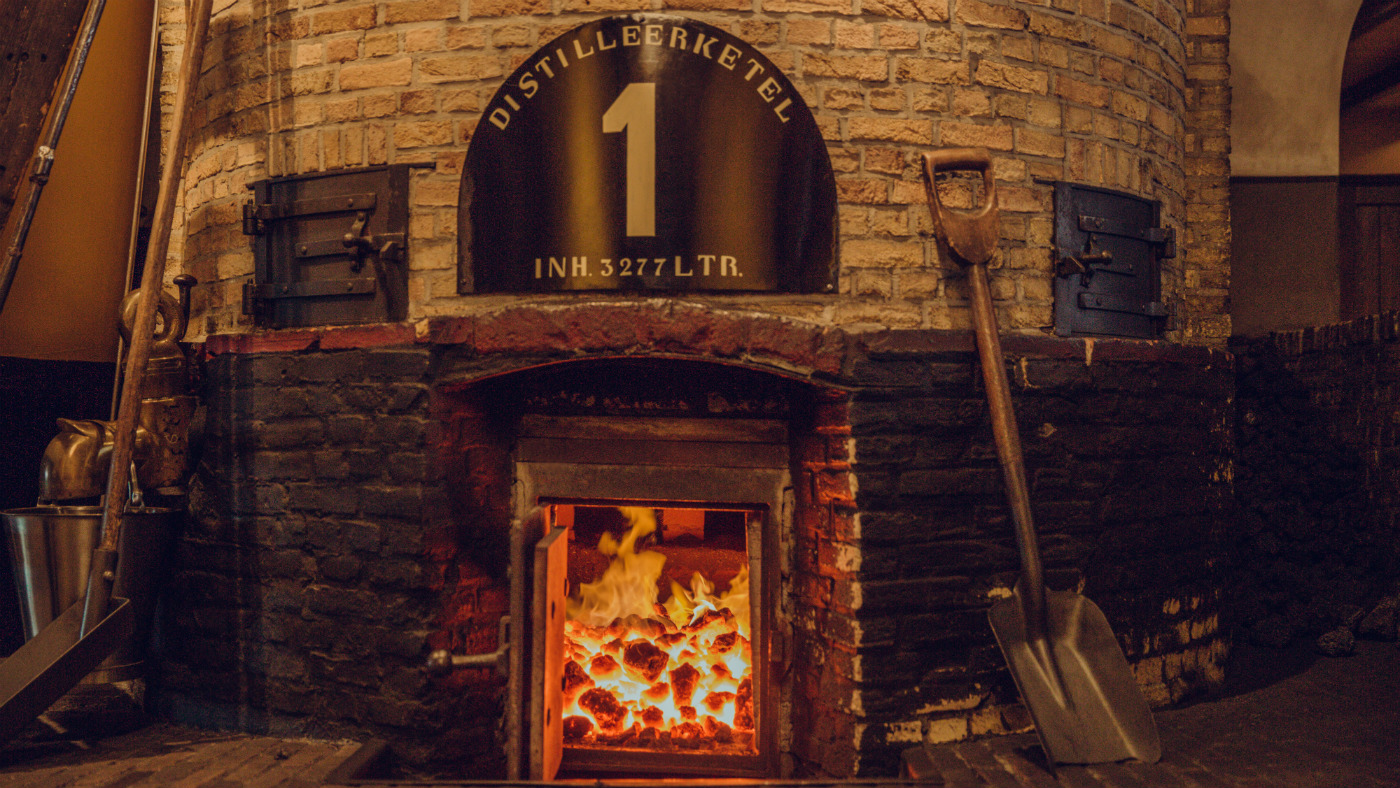
Arriving at the Nolet distillery is a little like stepping into a sci-fi film and well worth your time for an insight into the brand's almost agonising attention to detail.
Gigantic warehouses with 80ft-tall robotic arms shuffling crates to and fro, multi-dimensional conveyor belts transporting supplies in all directions - a fully automated stocking system keeping the factory fully equipped at all times - and a site expansion that involved digging a transport tunnel under a canal are just some of the cutting-edge innovations that keep the flow of Ketel One ticking.
However, while their storage, bottling and delivery processes may be ramped up to match their hefty output, their pot still distillation technique is a far cry from other large-scale forces of the scene. A commonly held belief, according to Esquire, is that "for vodka and clear spirits you want a column still", while "for anything rich and funky, you want the pot still". But a small handful of vodka producers, including the Nolets, have championed the creation of vodka using pot stills.
Usually reserved for fine spirits such as single malt whiskey or various brandies, a number of gigantic pot stills are combined with a modern four-column distillation technique to create the Ketel One we know today. So proud are the family of the technique that the name Ketel One actually comes from the original coal-fired pot still: Distilleerketel #1.
Nolet distillery ambassador Dennis Tamse says Ketel One lacks the "Mike Tyson punch" that lesser vodkas often possess - the raw power that is often mistaken for a full flavour. Instead, it is a subtler drink, gently tingling the mouth without ever burning.
Despite its quality neat or over ice, Ketel One is not "above" mixers and has been used to create a range of signature cocktails, the recipes of which are listed on the company's site. Dutch Mule is a particular highlight - a Nolet take on the famed Moscow Mule, but with added Angostura bitters to add a bite to counteract the sweet ginger beer.
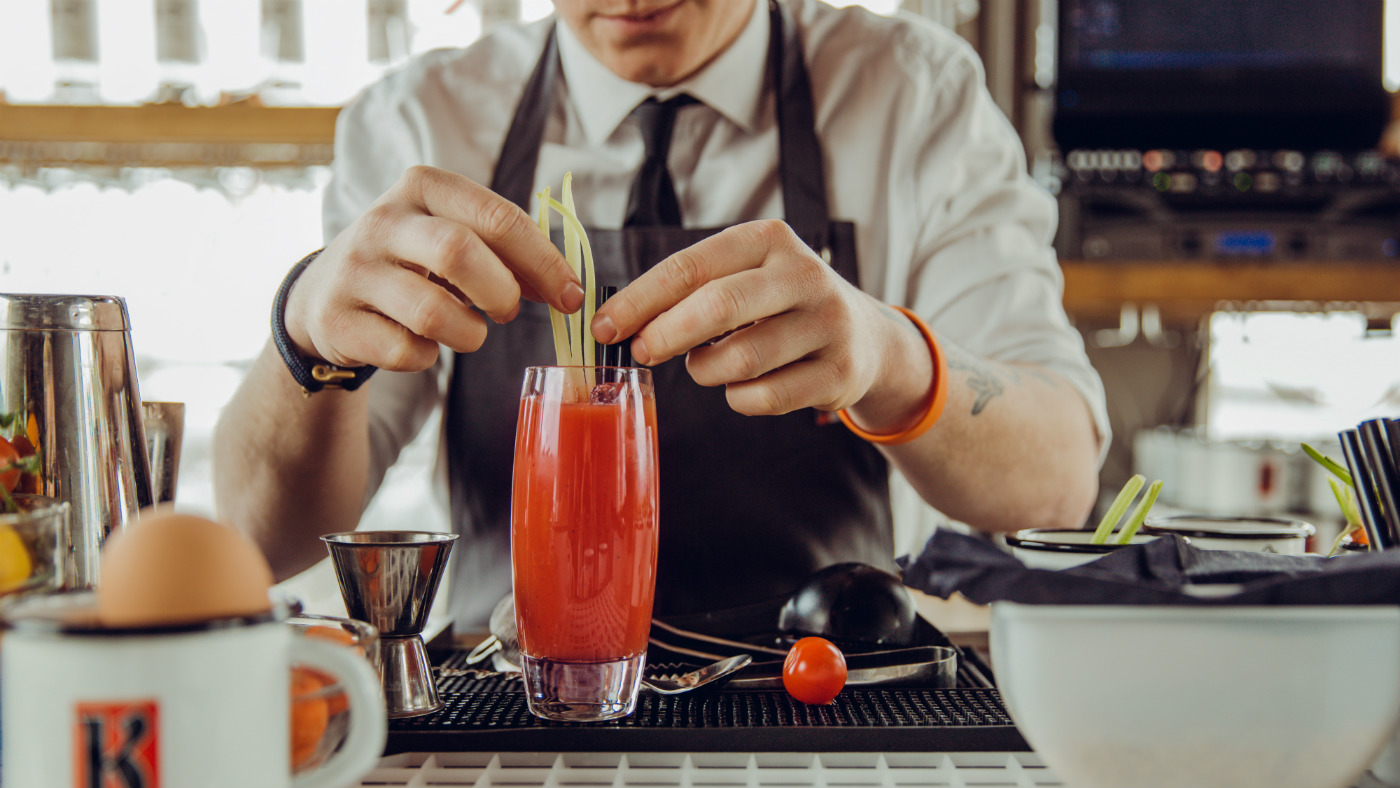
So where does 325 years of distilling leave the family? With Nolet's two sons - Carl Jnr and Bob - already hugely instrumental in the company, a smooth transition into the 11th generation and beyond looks likely.
In the family's own words: "Having your great great great great great great great great great great grandfather's distilling knowledge helps you make great great great great great great great great great vodka."
-
 Switzerland could vote to cap its population
Switzerland could vote to cap its populationUnder the Radar Swiss People’s Party proposes referendum on radical anti-immigration measure to limit residents to 10 million
-
 Political cartoons for February 15
Political cartoons for February 15Cartoons Sunday's political cartoons include political ventriloquism, Europe in the middle, and more
-
 The broken water companies failing England and Wales
The broken water companies failing England and WalesExplainer With rising bills, deteriorating river health and a lack of investment, regulators face an uphill battle to stabilise the industry
-
 From Panopticon to pleasure dome: Dutch prisons transformed
From Panopticon to pleasure dome: Dutch prisons transformedUnder the Radar The Netherlands is turning its domed prisons of 'terror' into vibrant community spaces
-
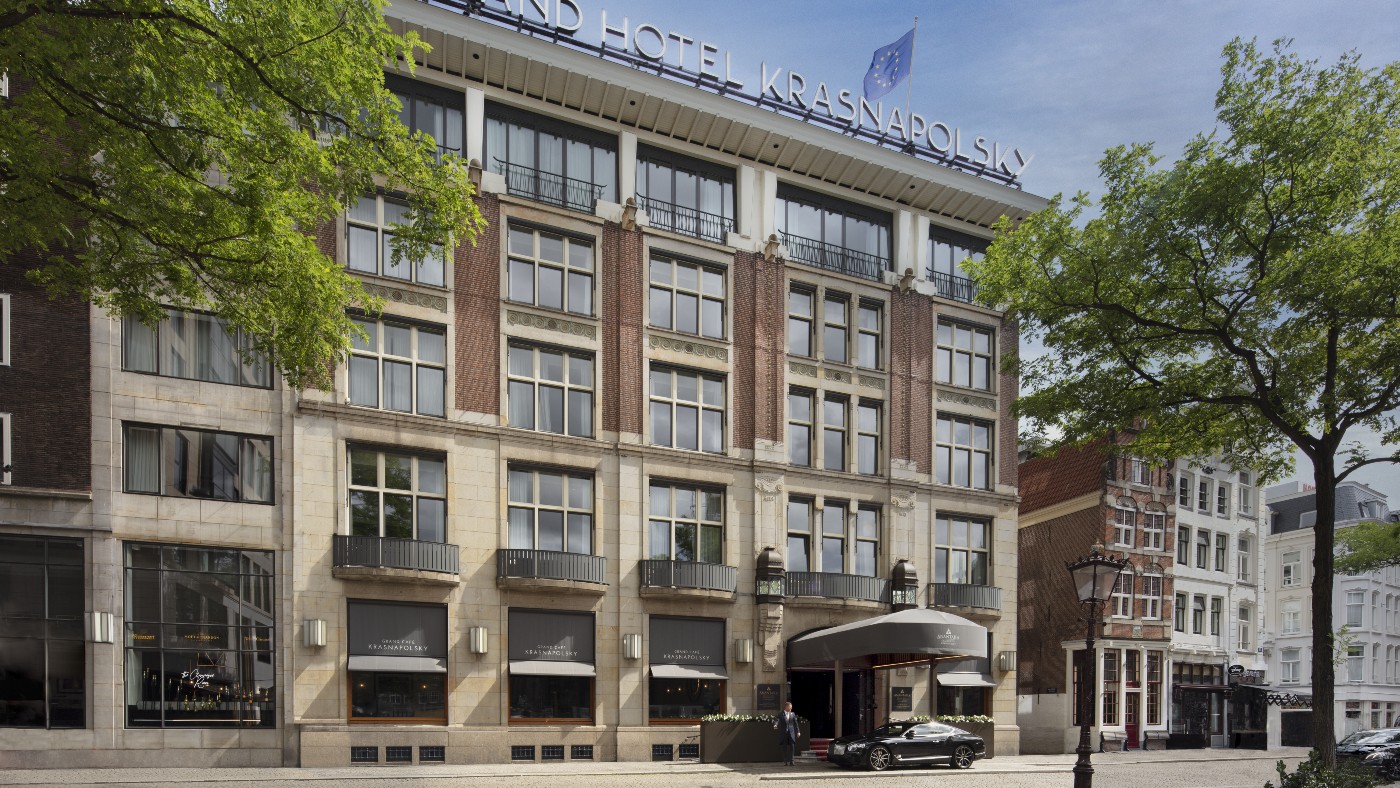 Anantara Grand Hotel Krasnapolsky review: a luxurious sanctuary in Amsterdam
Anantara Grand Hotel Krasnapolsky review: a luxurious sanctuary in AmsterdamThe Week Recommends This modern five-star on Dam Square makes a great base to explore the Dutch capital city
-
 De Ware Jacob review: an Amsterdam boutique hotel with a personal touch
De Ware Jacob review: an Amsterdam boutique hotel with a personal touchThe Week Recommends A chic family-friendly address near the museum quarter that keeps things simple
-
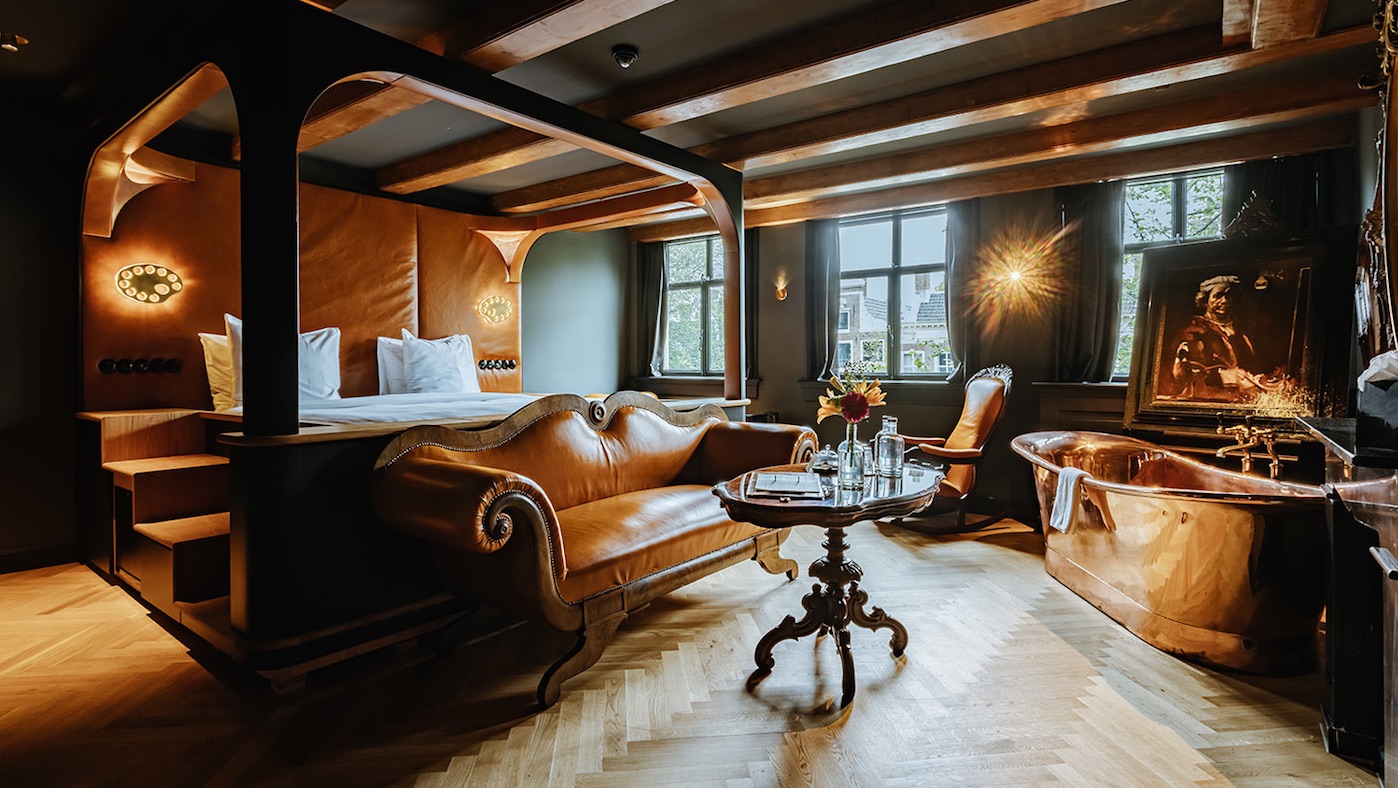 Hotel The Noblemen, Amsterdam review: innovative design meets old world charm
Hotel The Noblemen, Amsterdam review: innovative design meets old world charmThe Week Recommends A boutique canal house that turns Dutch history into a luxury experience
-
 A weekend in Rotterdam: travel guide, things to do, food and drink
A weekend in Rotterdam: travel guide, things to do, food and drinkThe Week Recommends Everything you need to know for a city break in ‘Manhattan on the Maas’
-
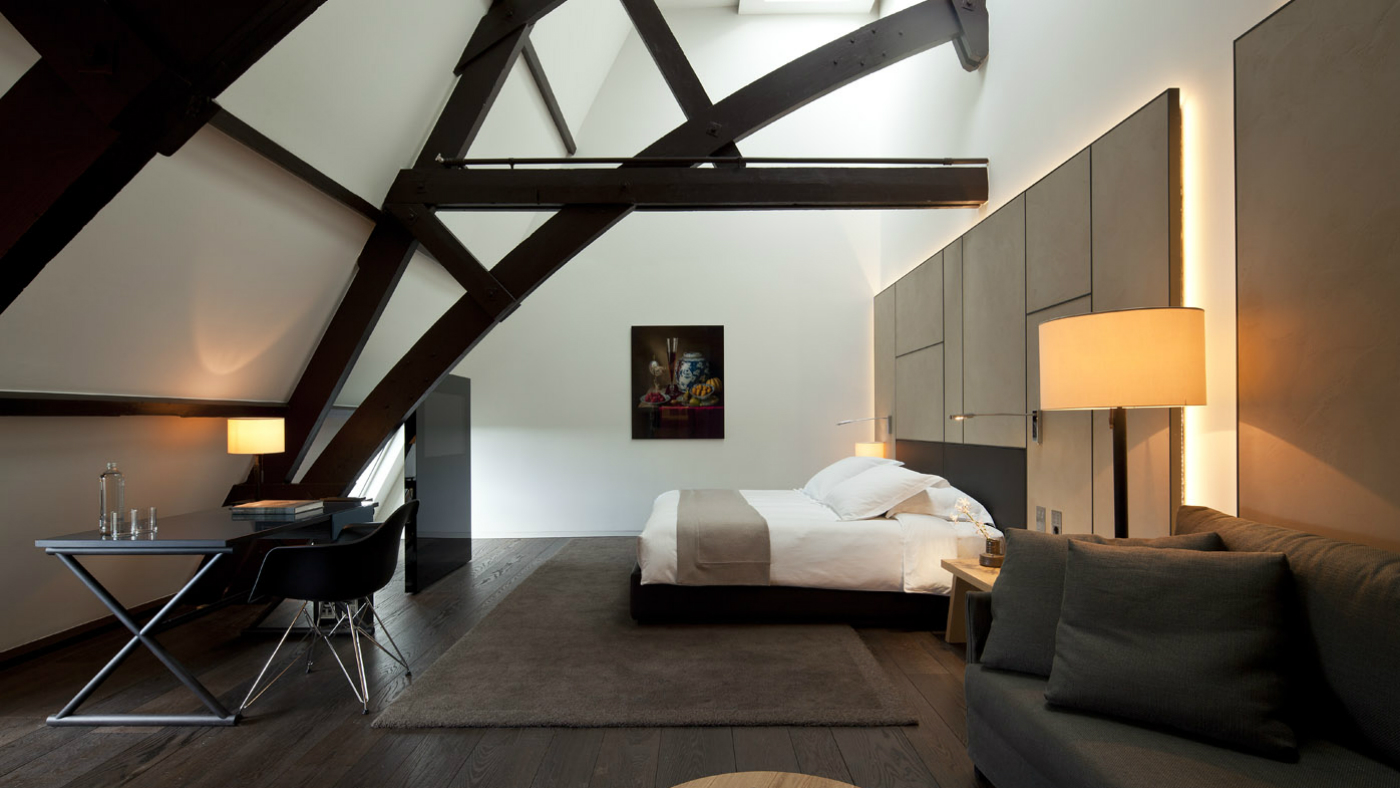 High fidelity: Conservatorium Amsterdam hotel review
High fidelity: Conservatorium Amsterdam hotel reviewIn Depth Former bank and musical conservatory transformed with a stunning contemporary makeover
-
 Journey through gin at Holborn Dining Room
Journey through gin at Holborn Dining RoomIn Depth Kristian Smith recalls the infamous history of the classic drink as he prepares to host a weekly masterclass at London's largest gin bar
-
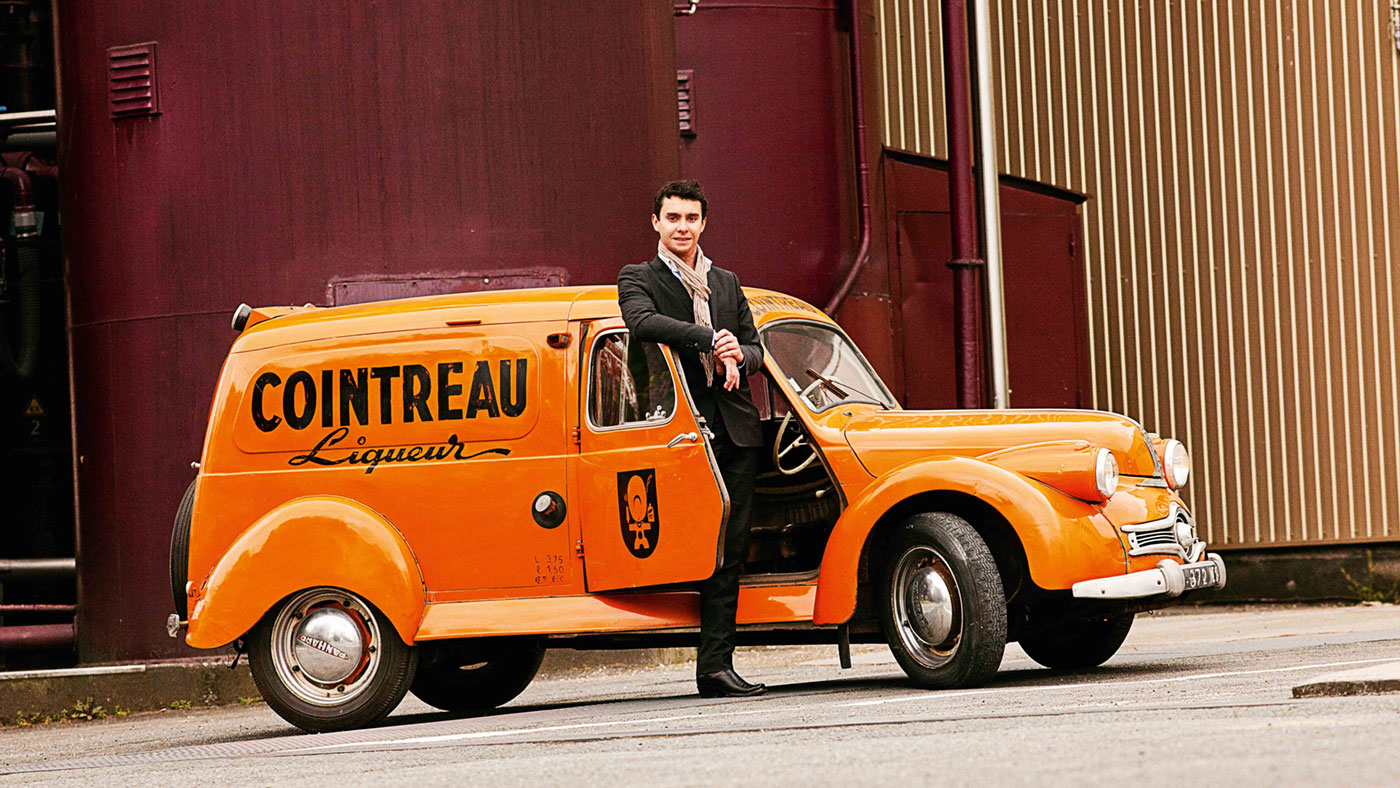 Family Values: Inside the legacy of Cointreau
Family Values: Inside the legacy of CointreauIn Depth Alfred Cointreau on why passion, creativity and equality lie at the heart of the company's heritage